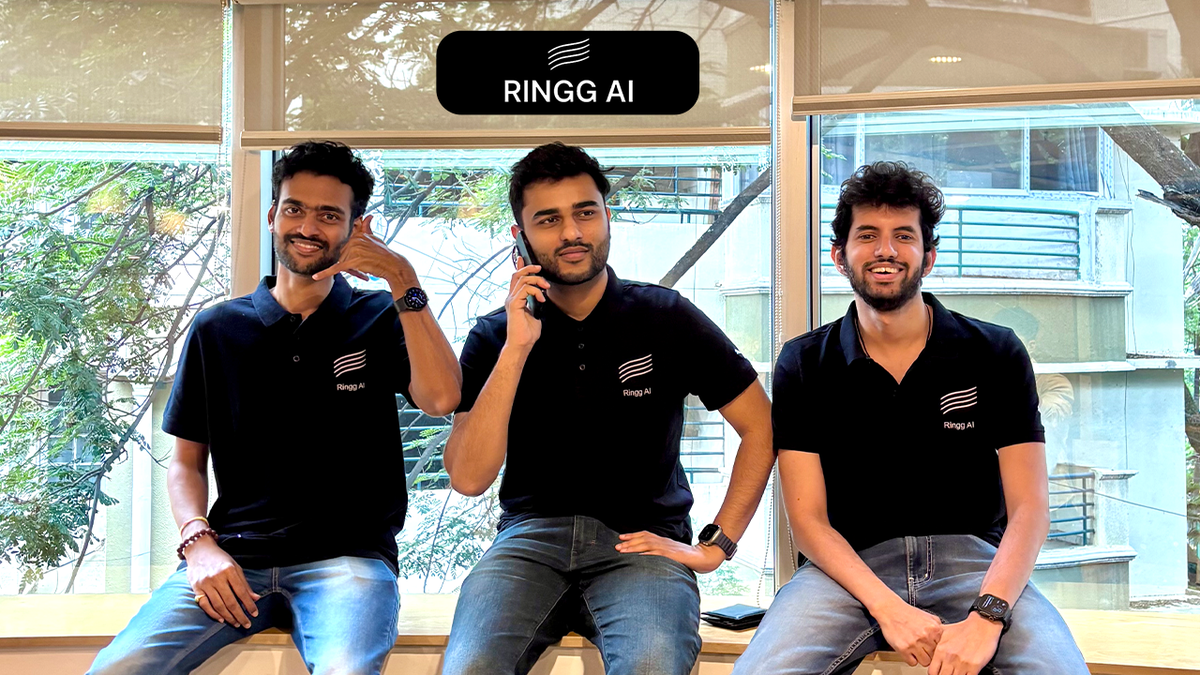“`html
Highlights
The Software Job Market: Insights from Zoho’s Sridhar Vembu
Focus Keyword: software job market
Zoho’s founder, Sridhar Vembu, expresses his view that the current real threat to the software job market is not AI, at least for now. In a recent post on X, Vembu highlighted that while vendors are claiming significant cost savings through job cuts facilitated by AI, the actual impact on the labor market has so far been minimal.
The Reality Behind AI and Employment
Vembu emphasised the importance of recognising the disparity between hype and reality when assessing new technology. He acknowledged that although AI is making rapid advancements, its direct effect on employment levels has remained limited up to this point. Vembu mentioned that the sector is evolving quickly, and he believes there will eventually be an impact, but the significant changes have yet to materialise. It is essential to distinguish between buzz and actual results when evaluating technology, he stated.
User Reactions to Vembu’s Insights
In response to his post, one user remarked that while it is reassuring to hear, it may only provide temporary comfort. They suggested that Artificial General Intelligence (AGI) might alter various dynamics when it eventually arrives. They advised focusing on skill enhancement and engaging in challenging work that benefits human lives. Another user commented on the unpredictability of how various markets and positions will be negatively affected but suggested that the workforce should learn to utilise AI. They asserted that the human-machine interface will always depend on human labour.
Systemic Issues in the Software Job Market
Previously, Vembu discussed a more profound structural challenge affecting the software job market. He reiterated that the inefficiencies plaguing the industry were not instigated by AI but were a result of years of overcapitalisation driven by venture capital, private equity, and Initial Public Offerings (IPOs).
According to Vembu, vendors have employed substantial marketing strategies to instil fear, uncertainty, and doubt among corporate clients, which resulted in escalating IT spending. He pointed out that overly complex IT systems have led to significant inefficiencies, much of which have been outsourced to Indian IT service companies. For example, while a flawed process might require five employees in the West, Indian IT firms often deploy three or four times as many workers to enhance billable hours.
The Contrast with Indian Financial Institutions
In contrast, Vembu noted that Indian banks and financial institutions, constrained by stricter budgets, have developed leaner and more efficient IT systems. He cautioned that the lack of incentives to boost efficiency has rendered the industry susceptible to challenges. While AI has not yet significantly replaced jobs, it is already shedding light on decades of built-up inefficiencies.
Vembu remarked on the historical context of the industry, stating, “Those floods are now history and we have a serious drought.” This sentiment reflects his concerns regarding the software job market, independent of the potential implications of AI.
“`







